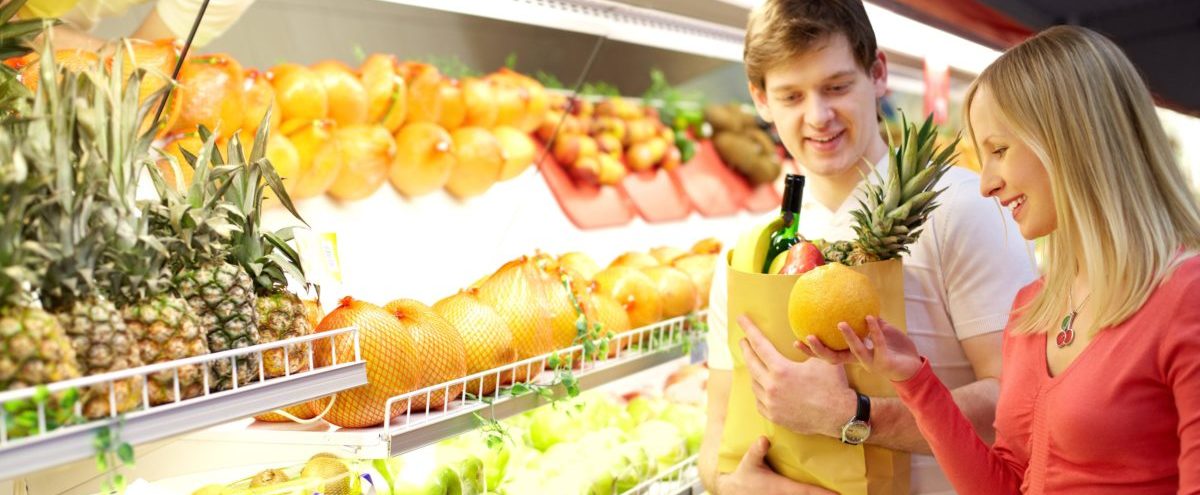
By Rebecca Smithers
7/18/17
Polypro Recycling takes pride in knowing our work benefits local businesses as well as helping to better our environment.
This article from The Guardian shows what steps UK based Marks & Spencer’s supermarket is taking to cut down on plastic waste.
A major UK supermarket has slashed the amount of packaging used for its popular snacks such as crisps and popcorn by reducing the pocket of air at the top of the bag.
As a result of so-called ‘Project Thin Air’, more than 140 of Marks & Spencer’s best-selling products have been redesigned and repackaged in smaller, less bulky packets containing the same amount of food as before.
The biggest reductions have been achieved in the retailer’s popular popcorn range, with a 37% slimming down in pack size. Across its hand-cooked crisp range – including its best-selling salt & vinegar and ready salted varieties – M&S is now using 20% less plastic after switching to a thinner, but strong, type of film.
The changes have led to 75 tonnes of packaging being saved each year – in carbon emissions equivalent to 152 fewer lorries on the road in 2017.
“We’ve been working on this project for over a year and are really pleased with the results,” said M&S packaging expert Laura Fernandez. “We see this as the start of a much bigger piece of work and hope to bring equally impressive savings to other areas of the business too.”
In June the retailer was the first in the UK to introduce avocados with laser-printed barcodes in its drive to reduce paper waste. The labels, which are etched onto fruit’s skin with lasers instead of stickers, will save 10 tonnes of paper and five tonnes of glue every year. Laser labelling is more reliable than stickers which have a tendency to fall off the wrinkly and often slightly damp skins.
The supermarket said they could soon be introduced to other fruit and vegetables and adopted by other supermarkets which are looking for new waste reduction techniques.
In June Marks & Spencer set out a new Plan A ethical and sustainability programme to build on its original blueprint launched 10 years ago. As part of this it has pledged to make all M&S packaging “widely recyclable” by 2022 and to halve food waste through its supply chain by 2025. It is planning to develop one recyclable, plastic polymer for use across all its plastic packaging.
Source: The Guardian